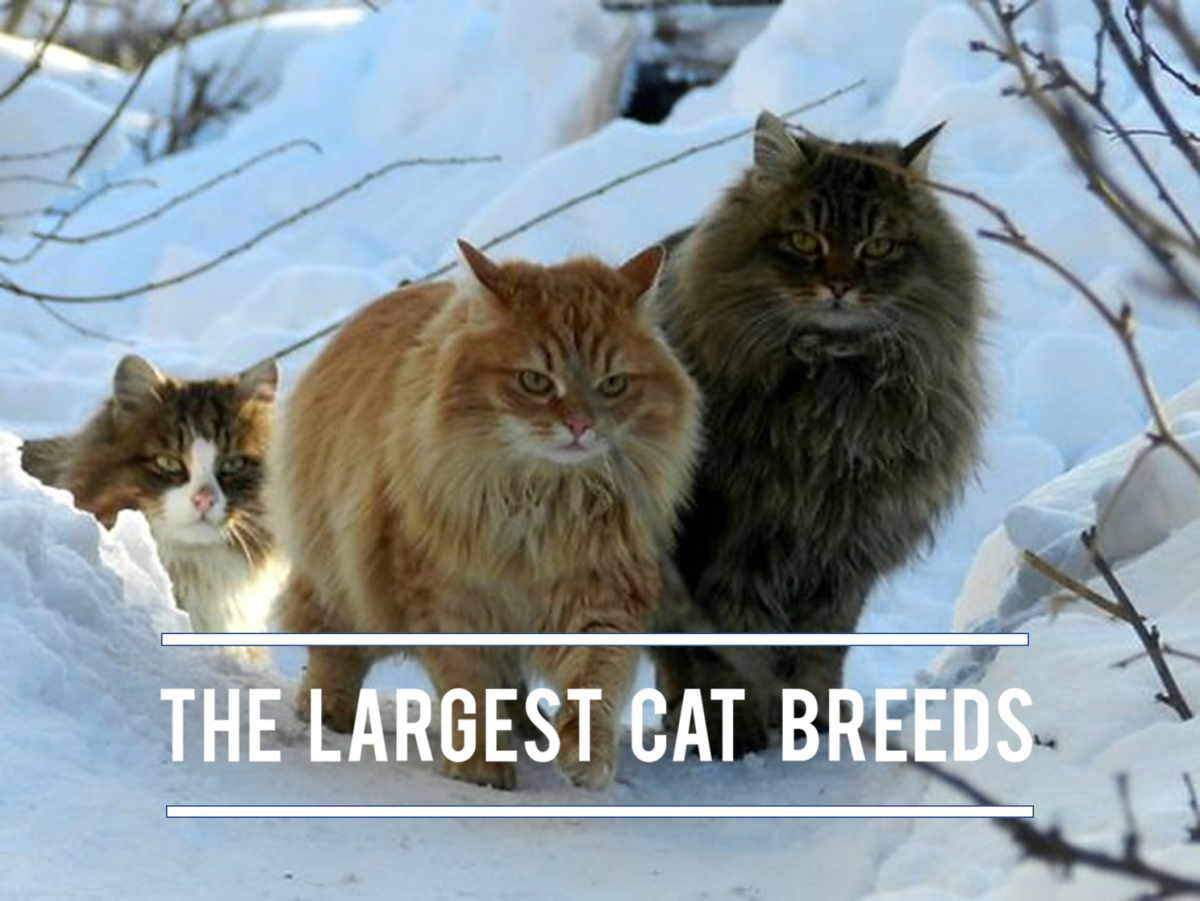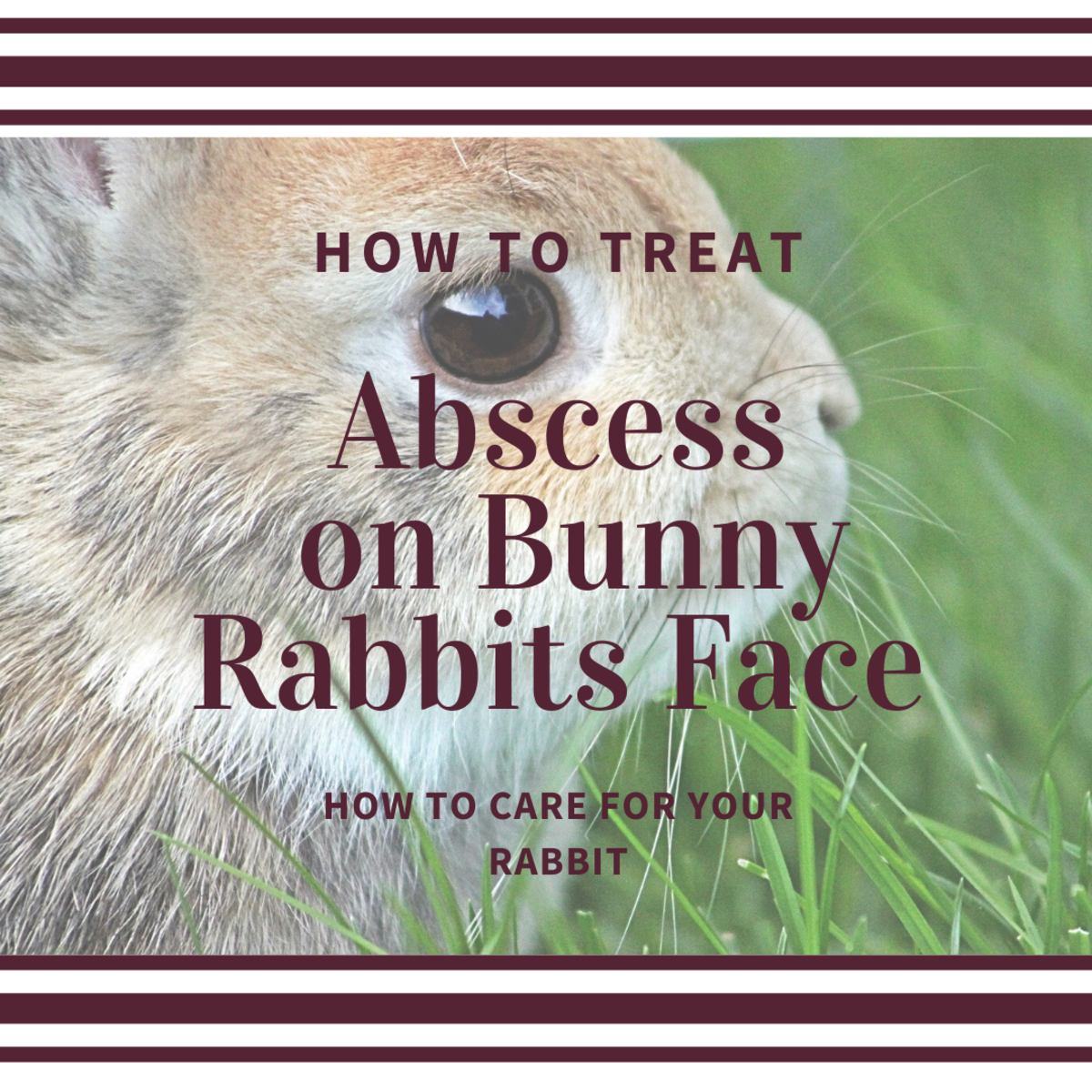Before Adopting a Pet: The Checklist
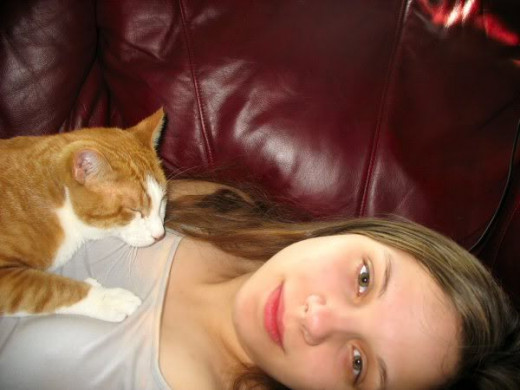
Most people love animals, and millions and millions of households contain at least one pet. Whether cat or dog, bird or fish, ferret or mouse, snake or pygmy goat, people adore keeping pets. Do you have a pet? Are you considering it? As fun and fulfilling as keeping animals is, they aren't all cuddles and Facebook photos. Having a pet is a huge responsibility, and before you add a new member to your family, there are a number of things that need to be looked at.
1. Consider Adopting, Not Buying. There are numerous benefits to adopting a cat or dog at an animal shelter instead of buying one from a pet store, the most important being that you can save an abandoned pet's life and refrain from support animal mills that churn out pets like factory merchandise, often in inhumane conditions. Of course, adoption is often only an option if it's a cat or dog you're looking for, though some shelters carry other pets as well. If you have your heart set on a rat, ferret, or iguana, it wouldn't hurt to research where your local pet stores get their animals and try to find an ethical seller. Don't support pet stores that keep their pets in terrible conditions, such as dirty and small cages - even though it feels as though you are "saving" that pet, in fact, you're supporting a company that can and will put more pets right in its place.
2. Research the animal's diet. Every animal has a unique diet and requires different nutrients. A should-be-obvious first rule is don't give any pet food that isn't meant for them - your cat will not thrive on dog food. But that isn't the end of your research. Unfortunately, most big name pet food companies rely on the fact that you don't know anything about your pet's diet, and stuff their foods with cheap, unhealthy "filler" ingredients. For example, despite the fact that cats are carnivores and can't digest carbohydrates well, pet companies will stuff their foods with corn and other grains. Always check the ingredients on the pet food that you buy, and don't plan on settling for the cheapest kibble. Quality food will be more expensive, so it's important to budget higher than you think.
Did you know? Most popular pets in the US:
1. Cats
2. Fish
3. Dogs
4. Birds
5. Small Animals (e.g. rabbits)
3. "Pet-proof" your home. A pet, especially a young pet, is like a small kid: energetic, playful, and somehow will always manage to start chewing on the one thing she isn't supposed to. Cats and dogs are usually allowed to roam free around the house, but if there is a particular "danger area", consider partitioning it off. How about smaller animals? Even though most animals smaller than a rabbit are generally kept in cages - considering how indiscriminately they usually poop, this isn't a bad idea - but during exercise time every day, they are often given limited or even free roam. Ferrets and rodents like rats will absolutely appreciate the chance to run around, but remember, the smaller the animal, the more dangerous your house is - especially for those clever pets that learn how to get around the obstacles you set for them. Look at your house and assess the dangers - what is dangerous for my pet to eat? To chew? To knock over? To demolish? Even if you plan to supervise your pet while it's free, you can never be too careful.
4. Research basic health and safety. Beyond simply a general pet-proof of your home, you should research your pet in particular. What should you be careful of in particular with a dog? Cat? Ferret? Mouse? The internet is a great research for people to share stories and advice pet safety. For example, a dog might be able to use a collar that buckles, but think twice about shock collars or choke collars. Cats should always be collared if they are allowed outside, but they absolutely should not be given collars that buckle - their necks are much weaker than a dog's, and if the collar gets caught on something they can easy choke or hurt themselves - so opt instead for a safe "breakaway" collar. Don't forget to be aware of allergies and poisons! Things that are okay for people to eat aren't necessarily okay for your pet. Dogs may give you their best puppy eyes to score a lick of that chocolate ice cream, but chocolate can kill a dog. Be aware and be careful!

5. Think very carefully about letting your pet outside. If you live in a town or city, be very aware of dangers like traffic, stray or wild animals, and even malicious people. This rule is especially true for cats. The debate of whether or not to let your cat outside freely, without a leash or supervision, is one that rages on with passionate believers on either side. The facts are, outdoor cats have a higher risk of premature death, more exposure to disease, and they kill, kill, kill local wildlife - especially birds, rodents and rabbits. On the other hand, occasionally letting your cat outside can lead to your cat being healthier and better able to exercise, and be able to, well, be a cat. Consider your surroundings. Do you live by a busy street? Don't let kitty out. Is it a dangerous part of town? Don't let kitty out. Are there many feral or stray cats, or even wild animals that could hurt your cat? Don't let kitty out! If you live in a relatively secluded and residential area with low traffic, it is safer, but always consider supervising or only letting your cat out during the day - for cats at night, the risks are even higher. If you live in the country, remember that even if there are no people and the traffic is low, the predators out there are much more vicious.
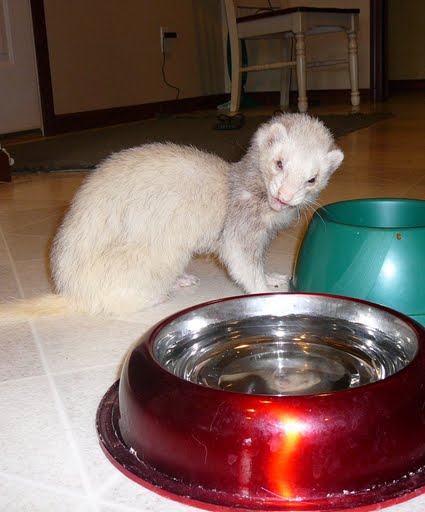
5. Plan to neuter immediately. This cannot be stressed enough. Unless you are a professional - and reading a book about it does not count - do not, under any circumstances, plan to breed your pet. Especially in the case of common household pets like cats and dogs, there is absolutely no excuse for this. Animal shelters are already overflowing with pets that weren't lucky enough to get homes, so much that many have no choice but to terminate the lives of many - and many of these come from irresponsible pet owners who gave up their pets because they bred and couldn't find homes for them. Even if you have some people who are planning to commit to one of your puppies or kittens, remember that those people who want a pet could instead save a pet in the shelter. There are simply too many cats and dogs, we don't need more. Additionally, many animals do require very professional skills to breed. For example, female ferrets that are not spayed can die if they are not bred. Even if you don't plan on breeding, neutering should not be optional - an unneutered animal can very easily breed without your knowledge, especially a cat that you let outside. Not to mention, neutering has various health benefits, and will reduce a pet's spraying, marking its territory, and general aggression.
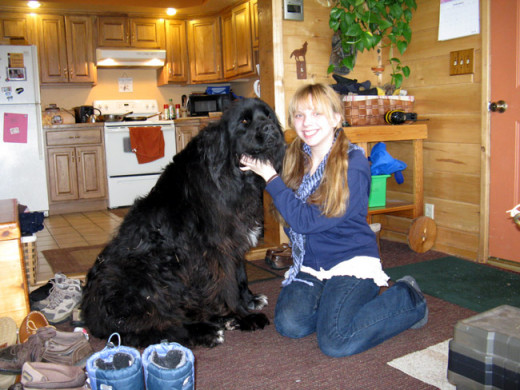
6. If you can't afford the vet, you can't afford the pet! Before adopting any pet, budget money for veterinarian costs. The vet isn't cheap, and a single checkup can be $50 or more - and your pet needs them at least annually. Your pet also will need shots, neutering, and care when it is sick or hurt. Of course, no one can plan for a freak accident when your pet needs surgery, but as a pet owner, it is your responsibility to make sure they have at least basic healthcare.
7. Make sure you have enough time for a pet. Aside from fish, pets cannot be kept in cages all day. They must be played with and allowed to exercise at least once a day. That includes small pets like mice, rats, hamsters and ferrets. Just because cats tend to be more independent doesn't mean they don't need playing and social interaction. Dogs need more attention yet, requiring frequent walks. It isn't all fun and games, either. Pets require hygiene, daily cage or litter box cleanings, and even training. Don't overestimate your free time, because a pet requires a fair amount of it.
8. If you don't plan to keep the pet forever, change your mind about adopting. This is the most important point. Some pets live a couple of years, some pets can live to be twenty or more. There is nothing more frustrating for shelters who have people abandon their pets because they only wanted it while it was a kitten or puppy, or have made plans to move or even choose an apartment that doesn't allow pets. If you want a pet only for a couple of years, get one that has the appropriate lifespan or don't get one at all. Certainly, emergencies come up, and unexpected obstacles might occur, but in this case, make your own arrangements for finding the pet a new home. Shelters are, as said, already crowded. See if a family member or friend can take your pet, and when you do rehome, make sure the pet is going somewhere good - don't give up your pet to the first sketchy stranger who messages you via Craigslist. Plan in advance for worst case scenarios with your pet, because if you relinquish your pet to a shelter with exhaustively exploring other options - or worse, abandon your pet on the street - then you have, to be frank, utterly failed the trust your pet puts in you.

